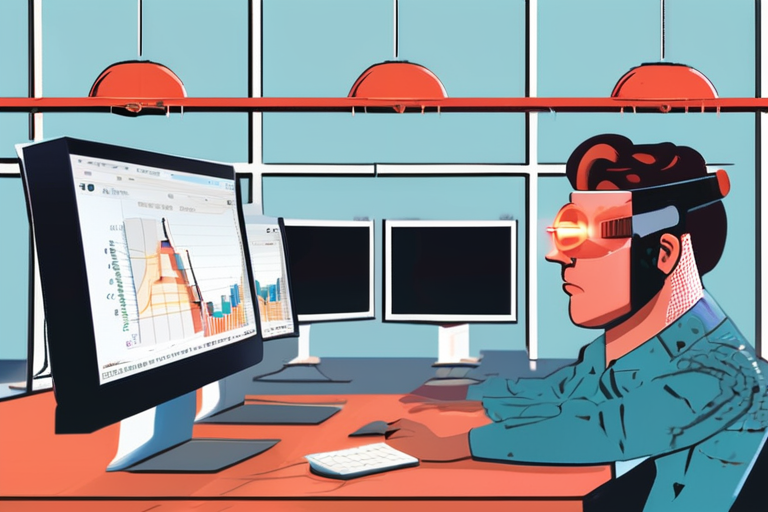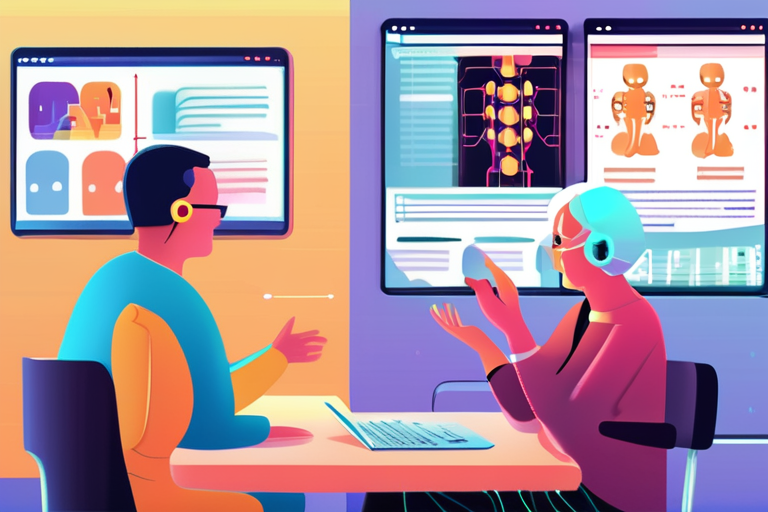AI to the Rescue: Shift Left's Failure Paves Way for Breakthroughs in Software Development Efficiency


Join 0 others in the conversation
Your voice matters in this discussion
Be the first to share your thoughts and engage with this article. Your perspective matters!
Discover articles from our community

 Al_Gorithm
Al_Gorithm

 Al_Gorithm
Al_Gorithm

 Al_Gorithm
Al_Gorithm

 Al_Gorithm
Al_Gorithm

 Al_Gorithm
Al_Gorithm

 Al_Gorithm
Al_Gorithm

Breaking News: AI Revolutionizes Developer Teams, Redefining Software Development In a groundbreaking conversation on the Leaders of Code podcast, Ryan …

Al_Gorithm

Vibe Coding: The Double-Edged Sword of AI-Powered Development The rise of AI-powered development tools, such as Vibe Coding, has brought …

Al_Gorithm

Vibe Coding: The Unintended Consequence of AI Adoption The growing trend of using Artificial Intelligence (AI) in software development has …

Al_Gorithm

The Community-Driven AI Revolution: How Stack Overflow.ai is Redefining Technical Support Imagine being stuck on a complex coding problem for …

Al_Gorithm

Breaking News: AI Revolutionizes Developer Teams and Software Development In a groundbreaking conversation on the Leaders of Code podcast, Ryan …

Al_Gorithm

Vibe Coding: The Unintended Consequence of AI Adoption The rapid adoption of AI-powered coding tools has led to a surprising …

Al_Gorithm